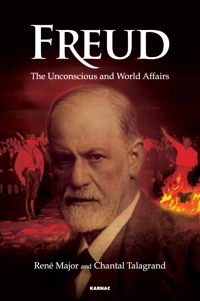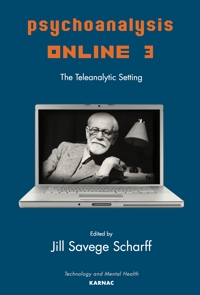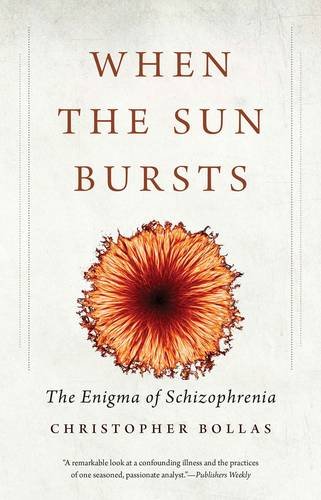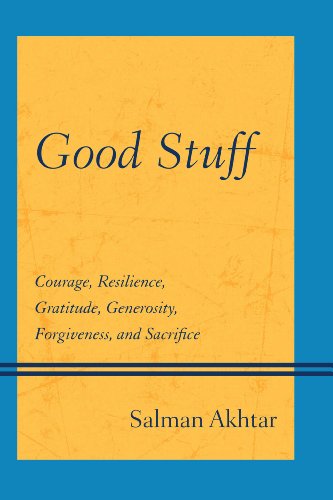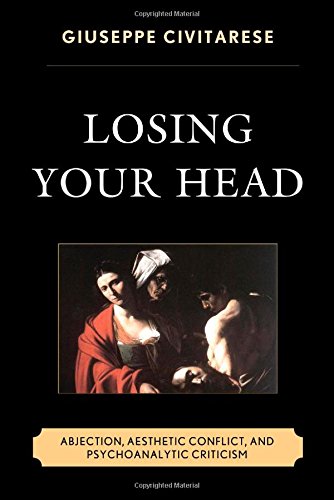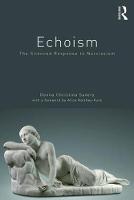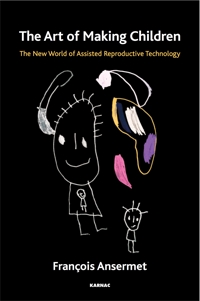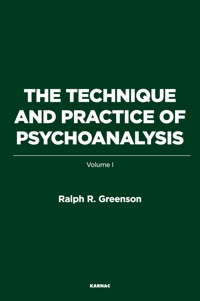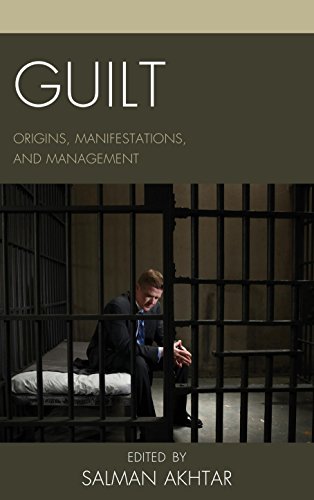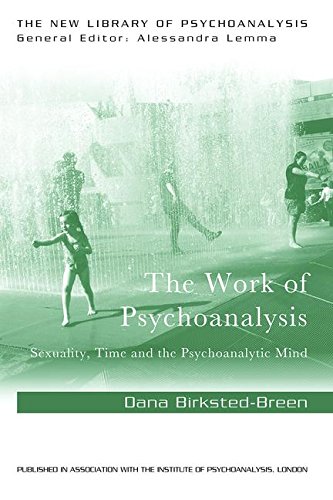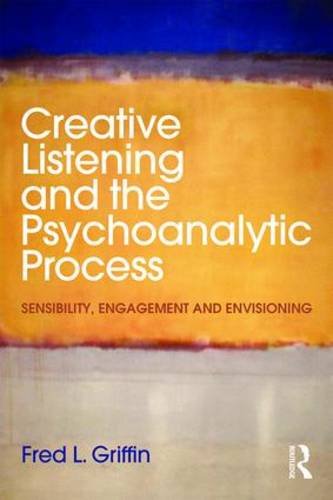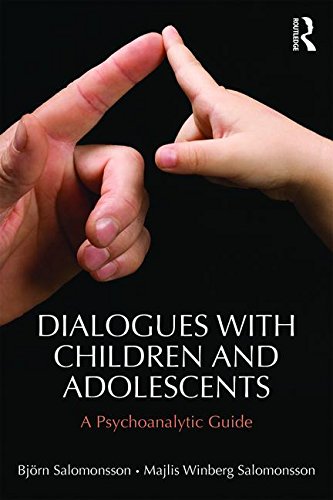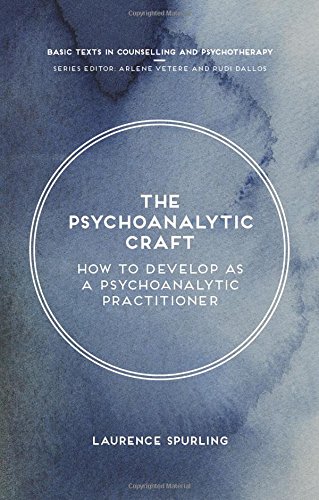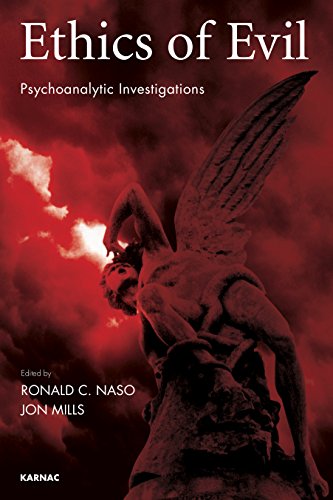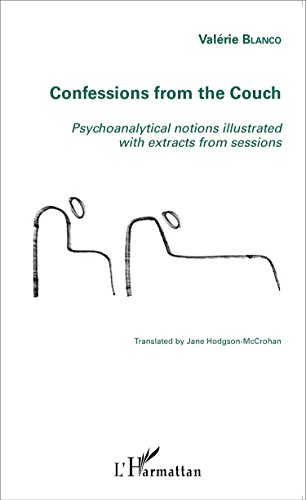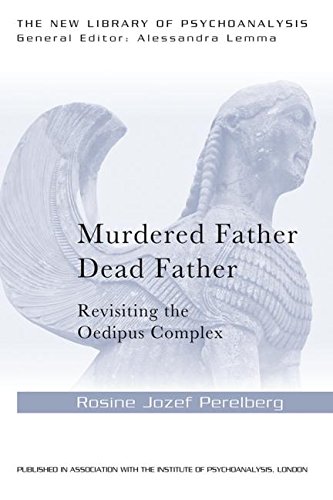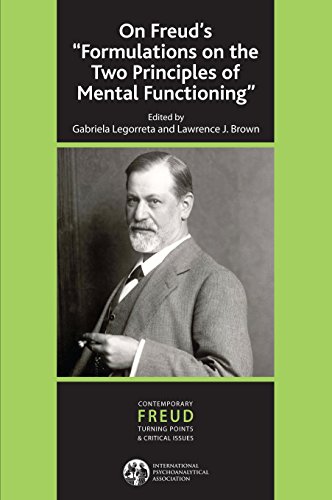Psychoanalysis Books
Freud: The Unconscious and World Affairs
This book sheds a new light on Freud, who from the beginning was aware that the psychoanalytic edifice he was constructing – which revealed in each individual an “ego not master in its own house” –... (more)
Journeys in Psychoanalysis: The Selected Works of Elizabeth Spillius
Elizabeth Spillius is a greatly respected and influential psychoanalyst, particularly within the Kleinian school of thought. This book brings together a collection of Spillius's papers from across... (more)
Thinking in Cases
Today many philosophers and historians of science would acknowledge that there are different kinds of activity that we call science and different kinds of reasoning that are practised in them. But... (more)
Psychoanalysis Online 3: The Teleanalytic Setting
Psychoanalysis Online 3: The Teleanalytic Setting is a highly topical, continuing conversation on the role of technology in psychoanalysis and its tremendous potential for outreach to patients in the... (more)
When the Sun Bursts: The Enigma of Schizophrenia
Many schizophrenics experience their condition as one of radical incarceration, mind-altering medications, isolation, and dehumanization. At a time when the treatment of choice is anti-psychotic... (more)
Karl Abraham: At the Roots of Analytic Theory
This book describes the life of Karl Abraham, his work in Zurich and Berlin, and his scientific relationship with Freud. Abraham wrote important papers which form the base of clinical psychoanalysis... (more)
Good Stuff: Courage, Resilience, Gratitude, Generosity, Forgiveness, and Sacrifice
Good Stuff is divided into two main parts; Part I addresses Positive Attributes and Part II, Positive Actions. The former contains chapters on Courage, Resilience, and Gratitude. The latter contains... (more)
Losing Your Head: Abjection, Aesthetic Conflict, and Psychoanalytic Criticism
Losing Your Head: Abjection, Aesthetic Conflict, and Psychoanalytic Criticism looks at the subject of beheading in art as a trope of the destruction of the mind. This book discusses both... (more)
Echoism: The Silenced Response to Narcissism
This book introduces the importance of Echoism as both a clinical entity and a theoretical concept. In Ovid's version of the myth of Echo and Narcissus, the character Echo receives equal attention to... (more)
The Art of Making Children: The New World of Assisted Reproductive Technology
Advances in assisted reproductive technology are producing a new world whose boundaries and implications have yet to be fully explored and understood. New advances are announced and hit the headlines... (more)
Meltzer in Sao Paulo
This book is one of a series that record Donald Meltzer’s clinical seminars and supervisions, which were conducted in various countries on a regular basis over many years. Despite his interest in the... (more)
The Technique and Practice of Psychoanalysis: Volume I
This systematic and comprehensive volume, written in a lively and clear style, is devoted essentially to the fundamentals of psychoanalytic technique: transference and resistance. Dr. Greenson... (more)
Guilt: Origins, Manifestations, and Management
Guilt: Origins, Manifestations, and Management is replete with clinical pearls and highly useful tips for the management of patients driven by feelings of guilt and remorse. Eight distinguished... (more)
The Work of Psychoanalysis: Sexuality, Time and the Psychoanalytic Mind
Psychoanalysts working in clinical situations are constantly confronted with the struggle between conservative forces and those which enable something new to develop. Continuity and change, stasis... (more)
Reclaiming Unlived Life: Experiences in Psychoanalysis
In Reclaiming Unlived Life, influential psychoanalyst Thomas Ogden uses rich clinical examples to illustrate how different types of thinking may promote or impede analytic work. With a unique style... (more)
Creative Listening and the Psychoanalytic Process: Sensibility, Engagement and Envisioning
Contemporary psychoanalytic thinking about the interdependence of subjectivity and intersubjectivity has reenvisioned the analytic process, and with it the very nature of creative and engaged... (more)
Dialogues with Children and Adolescents: A Psychoanalytic Guide
Psychoanalytic work with children is popular, but the sophisticated language used in psychoanalytic discourse can be at odds with how children communicate, and how best to communicate with them.... (more)
The Psychoanalytic Craft: How to Develop as a Psychoanalytic Practitioner
Why is developing as a psychoanalytic practitioner so often laden with anxiety? A simple answer is that psychoanalytic work is intrinsically complex and difficult. But Laurence Spurling argues... (more)
The Collected Works of Melanie Klein
A four-volume set including Melanie Klein's best-known works.
This is a facsimile edition of the 1975 Hogarth Press four-volume set.
Volume I - “Love, Guilt and Reparation” and Other Works... (more)
The Fictions of Dreams: Dreams, Literature, and Writing
The Fictions of Dreams explores the close connection between the narrative nature of dreams and the narrative devices employed in literature and creative writing. The book is unique in its... (more)
The Freud Folder
THE FREUD FOLDER
Composed of five charts, which provide a permanent source of information and complementary material to the study of Freud’s life, work, and the psychoanalytical movement. The Freud... (more)
Ethics of Evil: Psychoanalytic Investigations
In today’s world where every form of transgression enjoys a psychological motive and rational justification, psychoanalysis stands alone in its ability to uncover the hidden motives that inform... (more)
Confessions from the Couch: Psychoanalytical Notions Illustrated with Extracts from Sessions
The unconscious? The Oedipus complex? The castration complex? Neurosis? The objet a? What are they? And what does one say to an analyst? What happens during an analysis?
For those asking... (more)
Murdered Father, Dead Father: Revisiting the Oedipus Complex
Murdered Father, Dead Father: Revisiting the Oedipus Complex examines the progressive construction of the notion of paternal function and its central relevance in psychoanalysis.The distinction... (more)
The Logics of Madness: On Infantile and Delusional Transference
In this book, Salomon Resnik describes his psychoanalytic work with psychotic patients and the logic that underlies their often-delusional constructions. He explores how the concept of psychosis has... (more)
Tea with Winnicott
Donald Winnicott is currently the most popular author in contemporary psychoanalysis. His writings are cited in bibliographies even more frequently than those of Sigmund Freud. And yet how many... (more)
The Legacy of Sandor Ferenczi: From Ghost to Ancestor
The Legacy of Sandor Ferenczi, first published in 1993, was one of the first books to examine Ferenczi's invaluable contributions to psychoanalysis and his continuing influence on contemporary... (more)
Attacks on Linking Revisited: A New Look at Bion’s Classic Work
This book aims at providing further contributions inspired by Bion's paper Attacks on Linking (1959) by a distinguinshed group of scholars who have focused on different aspects of his... (more)
On Freud's ''Formulations on the Two Principles of Mental Functioning''
This book is a collection of papers by leading contemporary psychoanalysts who comment on the continuing important relevance of Freud’s (1911) paper, Formulations on the Two Principles of Mental... (more)
Freud: Second Edition
In this fully revised and updated second edition, Jonathan Lear clearly introduces and assesses all of Freud's thought, focusing on those areas of philosophy on which Freud is acknowledged to have... (more)


